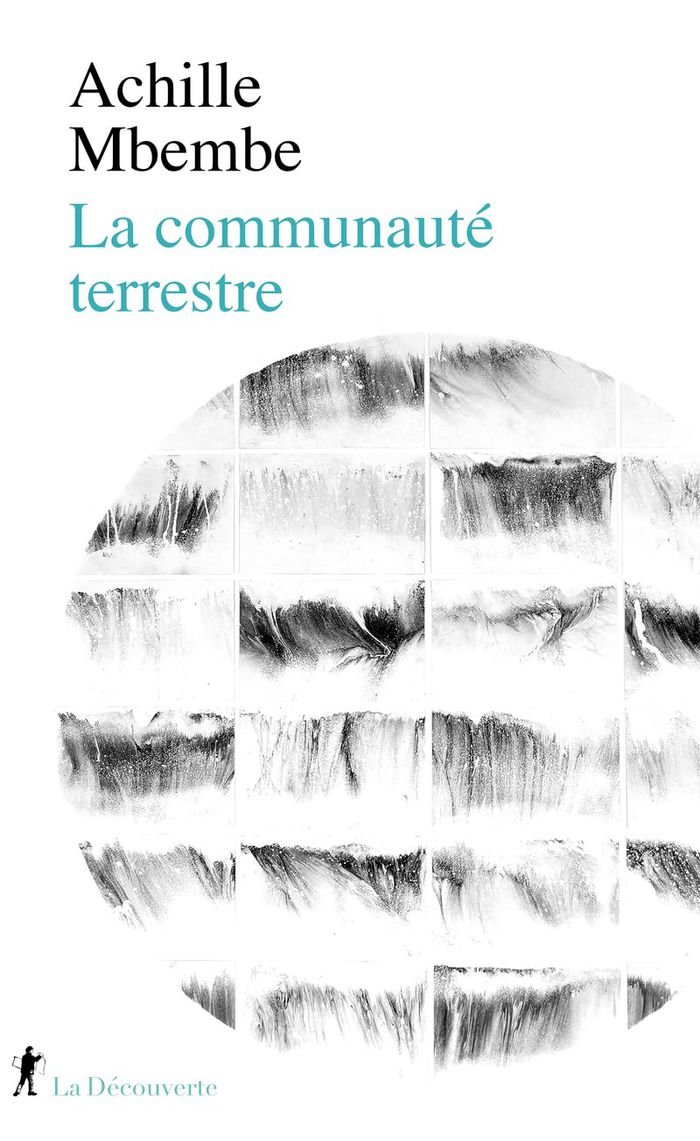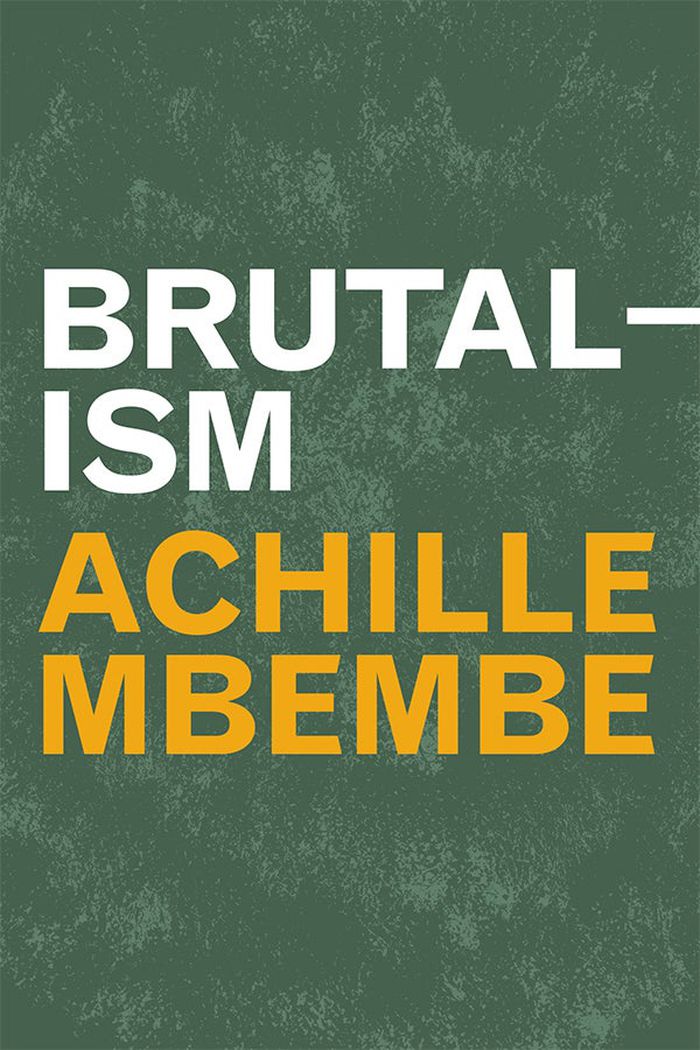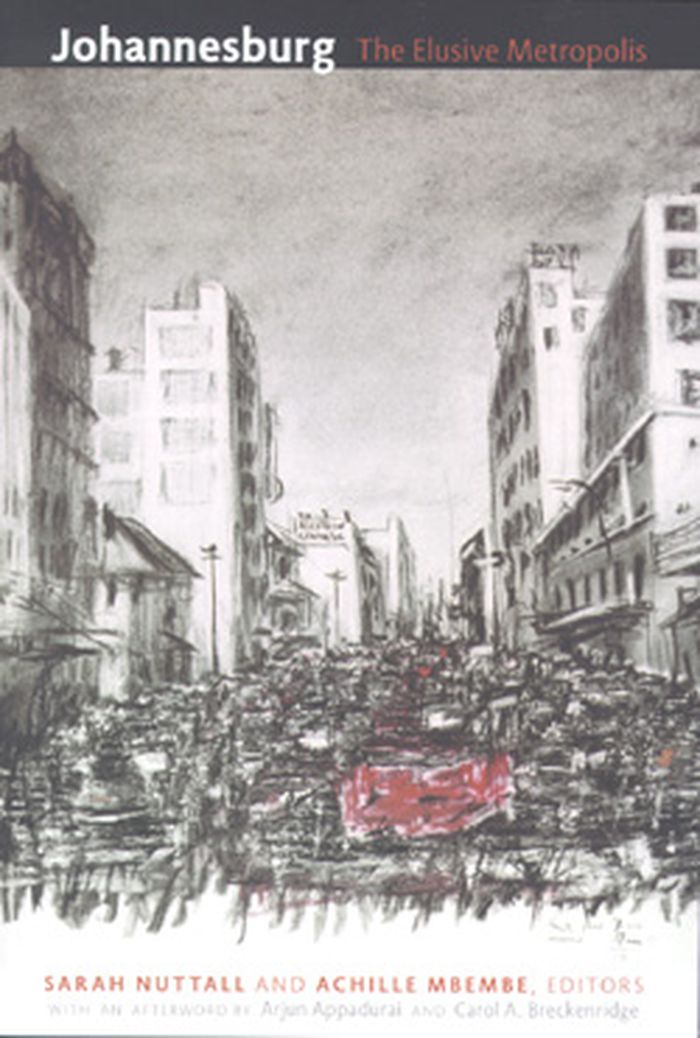La communauté terrestre
$33.95
(available in store)
Summary:
Traiter de la Terre, c'est avoir à l'esprit une chaîne symbiotique : celle du vivant, dans ses innombrables déploiements. Les humains, les espèces animales et végétales, les microbes, bactéries et virus, les corps inorganiques et les substances minérales ainsi que les dispositifs technologiques et autres appareillages artificiels font inséparablement partie de cette(...)
La communauté terrestre
Actions:
Price:
$33.95
(available in store)
Summary:
Traiter de la Terre, c'est avoir à l'esprit une chaîne symbiotique : celle du vivant, dans ses innombrables déploiements. Les humains, les espèces animales et végétales, les microbes, bactéries et virus, les corps inorganiques et les substances minérales ainsi que les dispositifs technologiques et autres appareillages artificiels font inséparablement partie de cette chaîne du vivant. Mais c'est aussi le cas, du moins dans les pensées animistes africaines, de toutes les forces invisibles, des génies, des esprits et des masques. Prenant fermement appui sur l'insondable richesse de ces pensées, Achille Mbembe propose dans cet essai une réflexion stimulante sur la Terre, ses devenirs, et surtout la sorte de communauté qu'elle forme avec la cohorte des espèces animées et inanimées qui l'habitent, y ont trouvé refuge ou y séjournent. Il montre comment notre relation fondamentale à la Terre ne peut être que celle de l'habitant et du passant. C'est en tant qu'habitant et passant qu'elle nous accueille et nous abrite, qu'elle entretient les traces de notre passage, celles qui parlent en notre nom et en mémoire de qui nous aurons été, avec d'autres et au milieu d'eux. C'est à ce titre qu'elle est la toute dernière des utopies, la pierre angulaire d'une nouvelle conscience planétaire.
Environment and environmental theory
$33.95
(available in store)
Summary:
In ''Brutalism'', eminent social and critical theorist Achille Mbembe invokes the architectural aesthetic of brutalism to describe our moment, caught up in the pathos of demolition and production on a planetary scale. Just as brutalist architecture creates an affect of overwhelming weight and destruction, Mbembe contends that contemporary capitalism crushes and dominates(...)
Brutalism
Actions:
Price:
$33.95
(available in store)
Summary:
In ''Brutalism'', eminent social and critical theorist Achille Mbembe invokes the architectural aesthetic of brutalism to describe our moment, caught up in the pathos of demolition and production on a planetary scale. Just as brutalist architecture creates an affect of overwhelming weight and destruction, Mbembe contends that contemporary capitalism crushes and dominates all spheres of existence. In our digital, technologically focused era, capitalism has produced a becoming-artificial of humanity and the becoming-human of machines. This blurring of the natural and artificial presents a planetary existential threat in which contemporary society’s goal is to precipitate the mutation of the human species into a condition that is at once plastic and synthetic. Mbembe argues that Afro-diasporic thought presents the only solution for breaking the totalizing logic of contemporary capitalism: repairing that which is broken, developing a new planetary consciousness, and reforming a community of humans in solidarity with all living things.
Social
$38.95
(available to order)
Summary:
This book is a pioneering effort to insert South Africa's largest city into urban theory on its own terms. The volume's essays include an investigation of representation and self-stylization in the city, an ethnographic examination of friction zones and practices of social reproduction in inner-city Johannesburg, and a discussion of the economic and literary(...)
Architecture since 1900, Africa
September 2008, Durham
Johannesburg: the elusive metropolis
Actions:
Price:
$38.95
(available to order)
Summary:
This book is a pioneering effort to insert South Africa's largest city into urban theory on its own terms. The volume's essays include an investigation of representation and self-stylization in the city, an ethnographic examination of friction zones and practices of social reproduction in inner-city Johannesburg, and a discussion of the economic and literary relationship between Johannesburg and Maputo, Mozambique's capital. One contributor considers how Johannesburg's cosmopolitan sociability enabled the anti-colonial projects of Ghandi and Mandela. Journalists, artists, architects, writers, and scholars bring contemporary Johannesburg to life in ten short pieces including reflections on music and megamalls, nightlife, living as foreigners in the city, and built spaces.
Architecture since 1900, Africa


